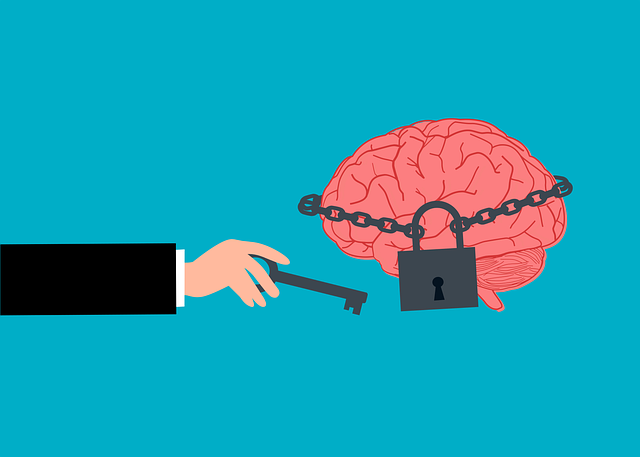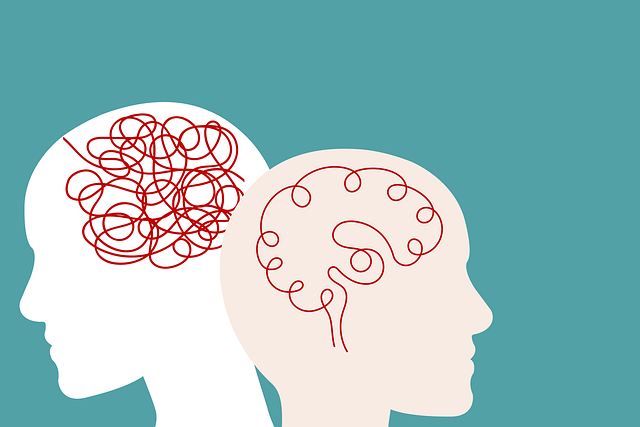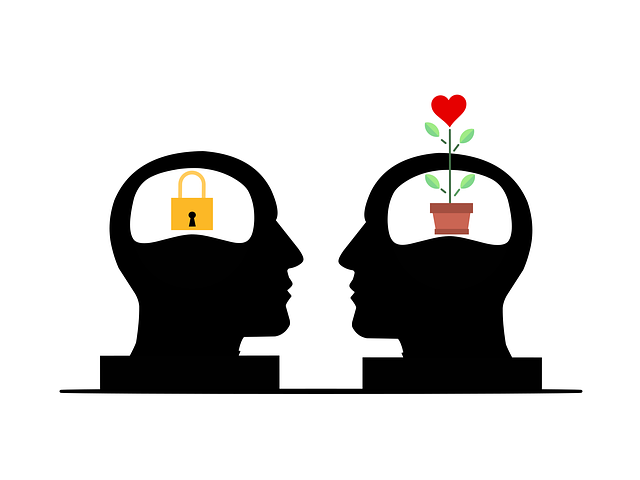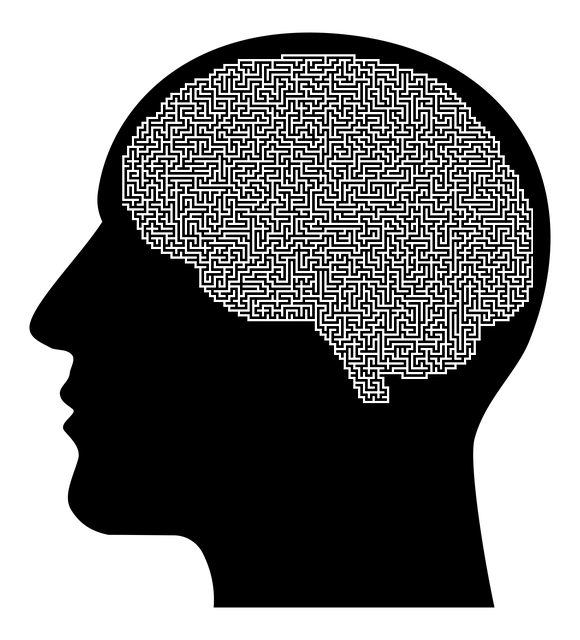In today's fast-paced world, mental wellness often goes overlooked until it becomes a crisis. Self-assessment tools are crucial for empowering individuals to take charge of their mental well-being, offering initial evaluations and insights into stress management, emotional regulation, and coping mechanisms. Broomfield Trauma Therapy emphasizes the importance of accessible, user-friendly self-assessments in addressing trauma, combining practices like mindfulness meditation and conflict resolution techniques with Empathy Building Strategies. These tailored tools capture symptoms, underlying beliefs, triggers, and coping mechanisms while promoting positive thinking for accurate emotional state assessment. Integrating Broomfield Trauma Therapy into these tools enhances mental health support, facilitating healing and personal growth, especially valuable in mental health education and burnout prevention within healthcare.
Mental wellness self-assessment tools play a pivotal role in empowering individuals to take charge of their mental health. With growing awareness about the importance of mental well-being, there is an increasing demand for accessible and effective assessment methods. This article explores the development of such tools, focusing on understanding the need, creating effective assessments, and integrating Broomfield Trauma Therapy for enhanced support. By leveraging these strategies, we aim to provide comprehensive mental health guidance and care.
- Understanding the Need for Self-Assessment Tools in Mental Wellness
- Developing Effective Mental Wellness Self-Assessment Tools
- Integrating Broomfield Trauma Therapy into Self-Assessment Tools for Enhanced Mental Health Support
Understanding the Need for Self-Assessment Tools in Mental Wellness

In today’s fast-paced world, mental wellness is a vital aspect of overall health that often goes overlooked until it becomes a crisis. This is where self-assessment tools play a crucial role in empowering individuals to take charge of their mental well-being. These tools are designed to provide an initial evaluation and offer insights into various aspects of mental health, such as stress management, emotional regulation, and coping mechanisms. By utilizing self-assessment, individuals can gain a deeper understanding of their strengths and weaknesses, enabling them to seek appropriate support or develop personalized strategies for improvement.
The need for accessible and user-friendly self-assessment tools is especially prominent in addressing trauma, as highlighted by Broomfield Trauma Therapy. Many people struggle with the aftermath of traumatic events, which can manifest in various ways, from anxiety and depression to substance abuse. Incorporating practices like mindfulness meditation, confidence-boosting exercises, and conflict resolution techniques into these assessments can offer valuable guidance for individuals seeking to heal and grow. These methods not only aid in managing symptoms but also foster resilience and promote long-term mental wellness.
Developing Effective Mental Wellness Self-Assessment Tools

Developing effective mental wellness self-assessment tools involves a thoughtful blend of science and empathy. At Broomfield Trauma Therapy, we understand that each individual’s journey to mental wellness is unique. Thus, our approach to creating these tools emphasizes personalization and cultural sensitivity. By integrating Empathy Building Strategies, we ensure that the assessment process is not just about gathering data but also fostering understanding and connection between the user and their inner self.
This involves tailoring questions to capture not only symptoms but also underlying beliefs, triggers, and coping mechanisms. Incorporating Positive Thinking principles can help individuals reframe negative thoughts, enhancing their ability to accurately assess their emotional states. Furthermore, considering the context in which these tools are used—be it through Mental Wellness Coaching Programs Development or independent exploration—is vital for ensuring their effectiveness across diverse populations.
Integrating Broomfield Trauma Therapy into Self-Assessment Tools for Enhanced Mental Health Support

Integrating Broomfield Trauma Therapy into self-assessment tools offers a promising approach to enhance mental health support. This therapeutic framework, developed by Dr. Michael Broomfield, focuses on trauma resolution and resilience building, addressing the root causes of psychological distress. By incorporating these principles, assessment tools can move beyond symptom identification to facilitate meaningful healing and personal growth.
This integration is particularly valuable in mental health education programs design, aiming to equip individuals with effective coping mechanisms. Burnout prevention, a critical concern within healthcare, can also benefit from these strategies. Healthcare providers, through utilizing self-assessment tools infused with Broomfield Trauma Therapy principles, gain insights into underlying trauma that may contribute to burnout and fatigue. This knowledge enables the implementation of targeted burnout prevention strategies, fostering resilience and promoting long-term well-being among care givers.
Mental wellness self-assessment tools play a pivotal role in empowering individuals to take charge of their mental health. By integrating innovative approaches like Broomfield Trauma Therapy, we can develop effective tools that provide enhanced support and promote early intervention. As these tools become more accessible, individuals will be better equipped to navigate their emotional well-being, leading to improved outcomes and a more holistic approach to mental health care.











